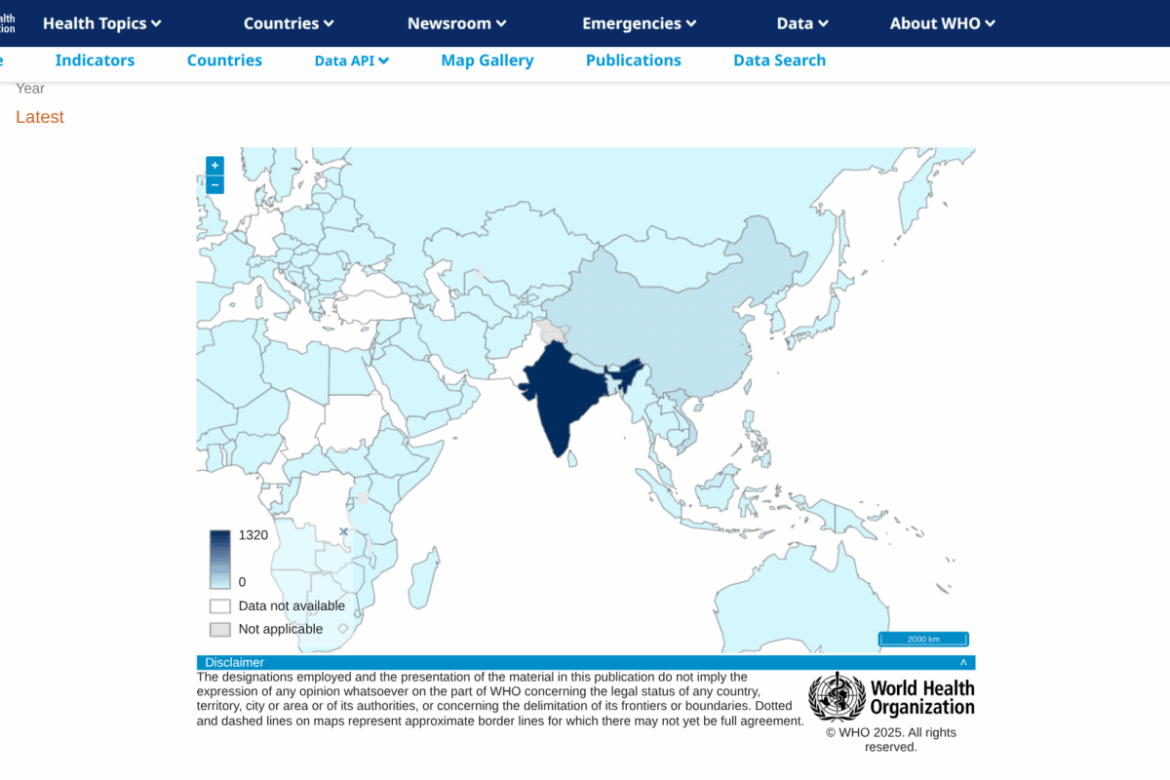Australia (Vax-Before-Travel News)
Japanese encephalitis virus (JEV) is endemic in most of southern Asia and parts of Australia and is the leading cause of viral encephalitis.
The virus primarily circulates between mosquitoes, wading birds, and pigs, with humans becoming infected through mosquito bites.
Consequently, researchers published an article in The Lancet Infectious Diseases on November 18, 2025, stating that ecological control of JEV is not a realistic solution.
Therefore, human vaccination is the primary public health tool for preventing this severe disease worldwide.
For example, Bangladesh first reported JEV in 1977 and recently received provisional support from Gavi, the Vaccine Alliance, to introduce Japanese encephalitis vaccination.
However, the optimal strategy for rolling out the vaccine and the potential effects on health are unclear.
These researchers wrote that around 3% of the population (equivalent to almost 6 million individuals) have been infected with JEV in their lifetime, most subclinically, with around 31 deaths per year.
The risk of infection varied considerably across the country, with the highest prevalence found in the border regions.
The data also showed that the underlying risk of JEV infection in Bangladesh is lower than in other countries in the region, and that the mean age of cases is 31 years.
However, they concluded that although JEV vaccination can avert a substantial disease burden, no vaccination scenario was cost-effective when programme costs were considered under a willingness-to-pay threshold of 1–3 × gross domestic product per capita, as per WHO-CHOICE standards.
Although many countries are investing in their national immunisation programmes, new vaccines and higher target coverage rates are driving costs up. Nationally representative seroprevalence studies, such as we present here, can underpin the underlying burden, including how it varies over space, allowing policy makers and funders to make evidence-based decisions on whether to invest in specific vaccines, wrote these researchers.
In the United States, a JAV vaccine IXIARO® has been commercially offered at travel pharmacies and recommended for specific international travelers in 2025.


AloJapan.com